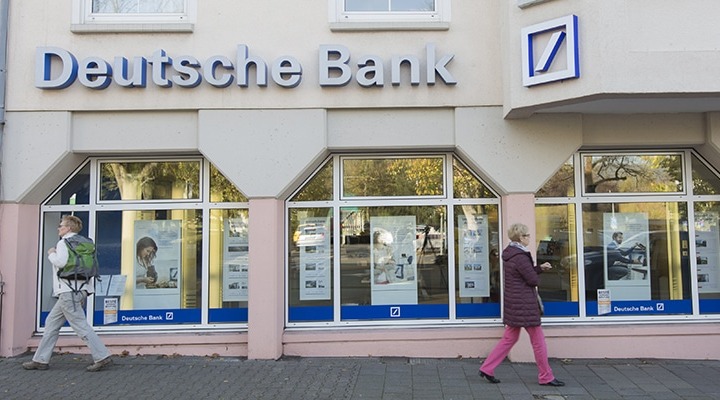The Securities and Exchange Commission (SEC) has imposed a fine of $25 million on DWS Investment Management Americas Inc. (DIMA), a Deutsche Bank AG subsidiary. The penalty comes in two separate enforcement actions: one for failing to establish a robust Anti-Money Laundering (AML) program and another for making false statements about its Environmental, Social, and Governance (ESG) investment practices.
Deutsche Bank’s Subsidiary AML Compliance Failures
The SEC's investigation revealed that DIMA did not have an adequately designed AML program in place, violating the Bank Secrecy Act and Financial Crimes Enforcement Network regulations. The firm advised mutual funds with billions in assets but failed to develop policies and procedures to detect activities indicative of money laundering .
“The SEC’s order finds that DWS advised mutual funds with billions of dollars in assets yet failed to ensure that the funds had an AML program tailored to their specific risks, as required by law,” said Gurbir S. Grewal, the Director of the SEC’s Division of Enforcement.
DIMA's shortcomings extended to not providing AML-specific training tailored to the mutual funds' business. The SEC emphasized that mutual funds are required by law to have individualized programs to detect and prevent money laundering and terrorism financing. Grewal congratulated the Asset Management Unit for taking this significant enforcement action.
“Importantly, those AML obligations require mutual funds to establish and implement individualized programs to detect and prevent money laundering and terrorism financing. I congratulate the Asset Management Unit for bringing this important mutual fund AML enforcement action.”
Misleading ESG Claims
DIMA also faced charges for making materially misleading statements about its ESG investment process. The firm marketed itself as a leader in ESG investments, claiming to have specific policies for integrating ESG considerations. However, the SEC found that from August 2018 to late 2021, DIMA did not adequately implement its global ESG integration policy.
Sanjay Wadhwa, the Deputy Director of the SEC’s Division of Enforcement, stated that investment advisers must ensure their actions align with their public statements. “Here, DWS advertised that ESG was in its ‘DNA’, but, as the SEC’s order finds, its investment professionals failed to follow the ESG investment processes that it marketed,” added Wadhwa.
The SEC's order found that DIMA violated multiple sections of the Investment Advisers Act. Without admitting or denying the findings, DIMA agreed to a cease-and-desist order and a penalty of $6 million for the AML violations. For the ESG misstatements, the firm agreed to a cease-and-desist order, censure, and a fine of $19 million.
Back in 2022, Asoka Woehrmann, the Chief Executive Officer at DWS, resigned hours after authorities raided the DWS' offices. According to the Associated Press, there were allegations about the group engaging in ‘greenwashing’ by exaggerating the sustainable credentials of certain funds it had sold.
“The allegations are that DWS has been advertising so-called ESG financial products for sale as being particularly green and sustainable when they actually weren’t. In the course of our investigations we’ve found evidence that could support allegations of prospectus fraud,” a spokesman for the public prosecutor said a year ago.
Other Fines Issued by SEC
Last week, Finance Magnates informed that Citadel Securities settled allegations of breaching Regulation SHO, a rule designed to regulate short-selling activities. The settlement focused on the firm's supposed inability to correctly label sale orders as either long, short, or short exempt.
Earlier this month, the SEC took action against YieldStreet Inc. and its subsidiary, YieldStreet Management LLC, for not disclosing essential details to investors in an asset-backed securities offering of $14.5 million. The regulatory body determined that YieldStreet failed to inform investors about the increased risk of not being able to claim collateral if a loan were to default, putting investors at considerable financial risk.
In a separate case from August, Citigroup Global Markets Inc. (CGMI) faced charges from the SEC for deliberately failing to meet federal recordkeeping standards. The SEC discovered that from 2009 to 2019, CGMI employed an unverified approach to tally and document indirect expenses related to its underwriting operations. The regulatory agency stressed the necessity of precise recordkeeping for maintaining well-regulated markets and pledged to persist in upholding federal securities laws.


















